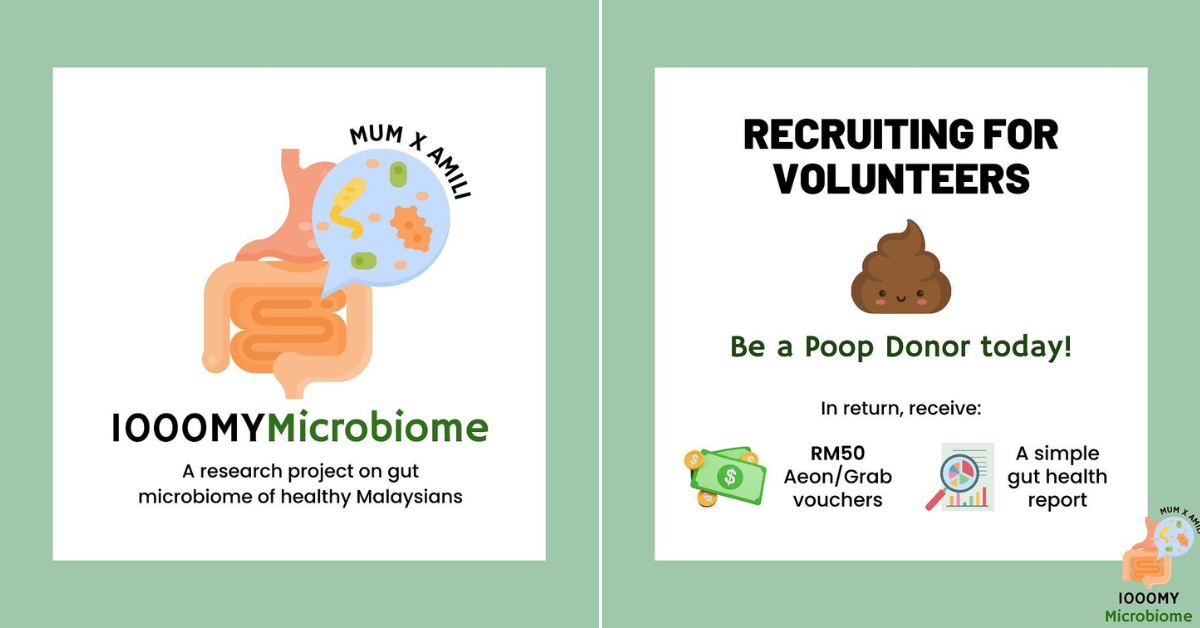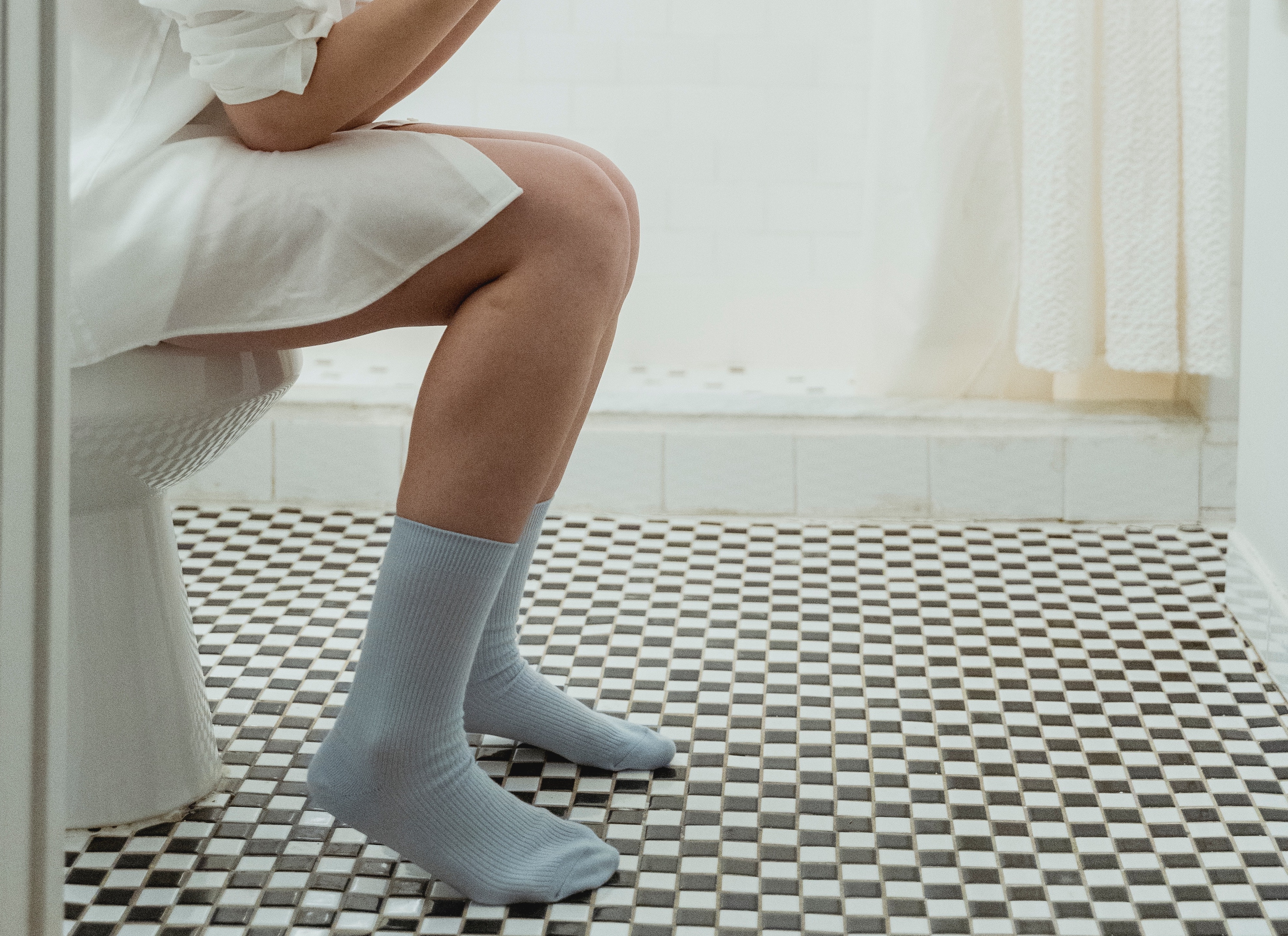Monash University Researchers Will Pay You To Poop For Them — Here's How To Do It
The payment will be made in the form of RM50 Grab or AEON vouchers.
Have you ever been paid to poop for someone?
Well, here's your chance to experience what it would be like!
1000MYMicrobiome is a project initiated by Monash University Malaysia (MUM) in collaboration with the Asian Microbiome Library (AMILI), the first ASEAN microbiome start-up based in Singapore.
While AMILI's aim is to advance the progress in microbiome research, this project is being carried out to investigate and profile the gut microbiome of 1,000 Malaysians. According to Harvard University, the gut microbiome are microorganisms that live in the digestive track of the body.
Information obtained during the study will help researchers improve their understanding of health gut microbiota in Malaysia, which in turn may facilitate better intervention or management of subjects suffering from gut-related diseases in the future.
Participants will receive a report on the diversity and composition of their specific gut microbiota, as well as a RM50 AEON or Grab voucher.
All information submitted to the organisers of the study will be handled in a confidential manner, with only the researchers involved having access to the securely stored data
According to the official website relating to this project, the study has been approved by Monash University's Human Research Ethics Committee (MUHREC).
Furthermore, when the results of the study are presented and published, participants' identity will not be revealed, unless express consent is provided to the researchers.
For those who are keen to take part in the study, you will be required to provide a stool specimen, urine specimen, saliva specimen, diet information, and lifestyle information
For participants who live within a 10km radius from Monash University in Bandar Sunway, the saliva specimen is optional. In a conversation with SAYS, researchers of the project stated that the saliva specimen will be used for side research, and won't be included in the final report.
Furthermore, the saliva would need to be frozen immediately to aid researchers in carrying out their study, therefore requiring people who live closer to Monash to drop off their test at the university itself.
All participants will receive a set of stool and urine collection kits, a mailing envelope, and an online link to submit your health, diet, and lifestyle information.
Here are all the steps you need to take if you want to take part in the study:
1. Complete the online pre-registration form
2. After that, you will receive a link via email to fill out the online questionnaire
3. Complete the online questionnaire and submit it to the researchers
4. Receive the volunteer kits through postage
5. Collect your stool and urine specimens following the instructions that will be provided
6. Contact your study coordinator for arrangements to return the specimens to Monash University
7. Receive a gut health report and vouchers for the study
Check out this quick guide of the process uploaded to the study's official Instagram page:
Some rules should also be noted by members of the public before participating in this study
The study is only open to residents in Malaysia. All potential candidates will need to answer the questionnaire as accurately as possible, according to your own personal circumstances.
If you are on medication or have other gastrointestinal conditions, such as diarrhoea or constipation, you must inform the study coordinators of these issues to reaffirm your eligibility for the project.
Lastly, it is very important to return the sample bottles with the specimens according to the instructions provided in the volunteer kit.
Here are video demonstrations on how to collect the stool and urine sample respectively:
When speaking to SAYS, researchers behind the project stated that their intention for this study is to determine what is considered a healthy baseline and composition for Malaysians
Citing the diversity of Malaysian food as one of the reasons behind exploring this project even further, a representative also stated how different cultures and food preferences could affect the outcome of the study.
Individuals interested in potentially participating in this study may contact the following educators from Monash University for additional information:
1. Dr Chong Chun Wie, Associate Professor — [email protected]
2. Professor Sadequr Rahman, Director of Tropical Medicine and Biology Multidisciplinary Platform — [email protected]
Visit the official website dedicated to the study and check out the online pre-registration form for more information.

